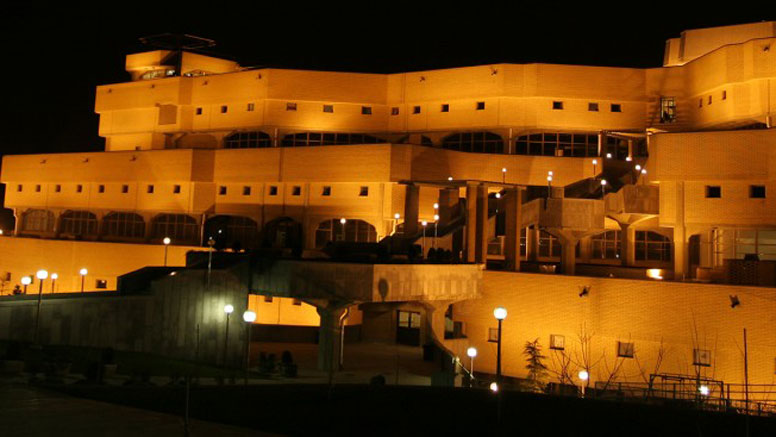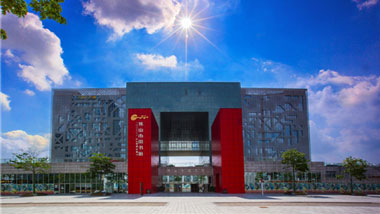Greener libraries worldwide
The IFLA Green Library Award for 2018 has been won by Foshan Library in Guangdong province, China, for its commitment to sustainability principles.
27 Jul 2018

National Library and Archives of Iran, Tehran, one of the Award recipients
From the citation: “The Foshan Library is a culturally significant building in harmony with the prevailing landscape, which delivers a compelling architectural vision that pays homage to the cultural and artistic history of the region. The library and its services are strengthened by a powerful commitment to sustainable principles which extends to architectural design, building materials, management, and staff commitment to continuous improvement and community education. The library presents an impressive array of engaging and inspiring green programs for its community.”

The challenge of judging diverse projects
The five runners up for the award came from Hungary, Romania, Croatia, Iran, and Kenya. The various polarities of the submissions created a challenge for the reviewers. For instance, cool weather countries grapple with how to warm a building, while those in hot climates aim to cool their buildings.
Some the submissions focused on children, with libraries promoting literacy and environmental awareness to the next generation. Some projects are very low-cost, illuminating how a library can successfully create environmental awareness in children without big money. The economic disparities between the submissions raised other questions in terms of judging projects with variable consumption levels. Some of the countries do not have national waste policy or recycling programs while others maintain rigorous laws to protect the environment.
Reviewers wrestled with the definition of a “green library” (e.g. tree planting, recycling, re-using) and how to also reward creativity, novelty, or the best solution to a real problem in hand. Should the project be rewarded based on the aim to stop climate change, or is it sufficient to raise awareness in citizens? There are no definite answers to these questions since there are no widely accepted criteria for “green libraries.”
In the end, reviewers made their own decisions and pooled their responses. The final winner was awarded as an excellent example of a green library. All aspects, especial library building but also services, users and professionals are paid attention. In addition Fosham library connects past and future to the sustainable development.